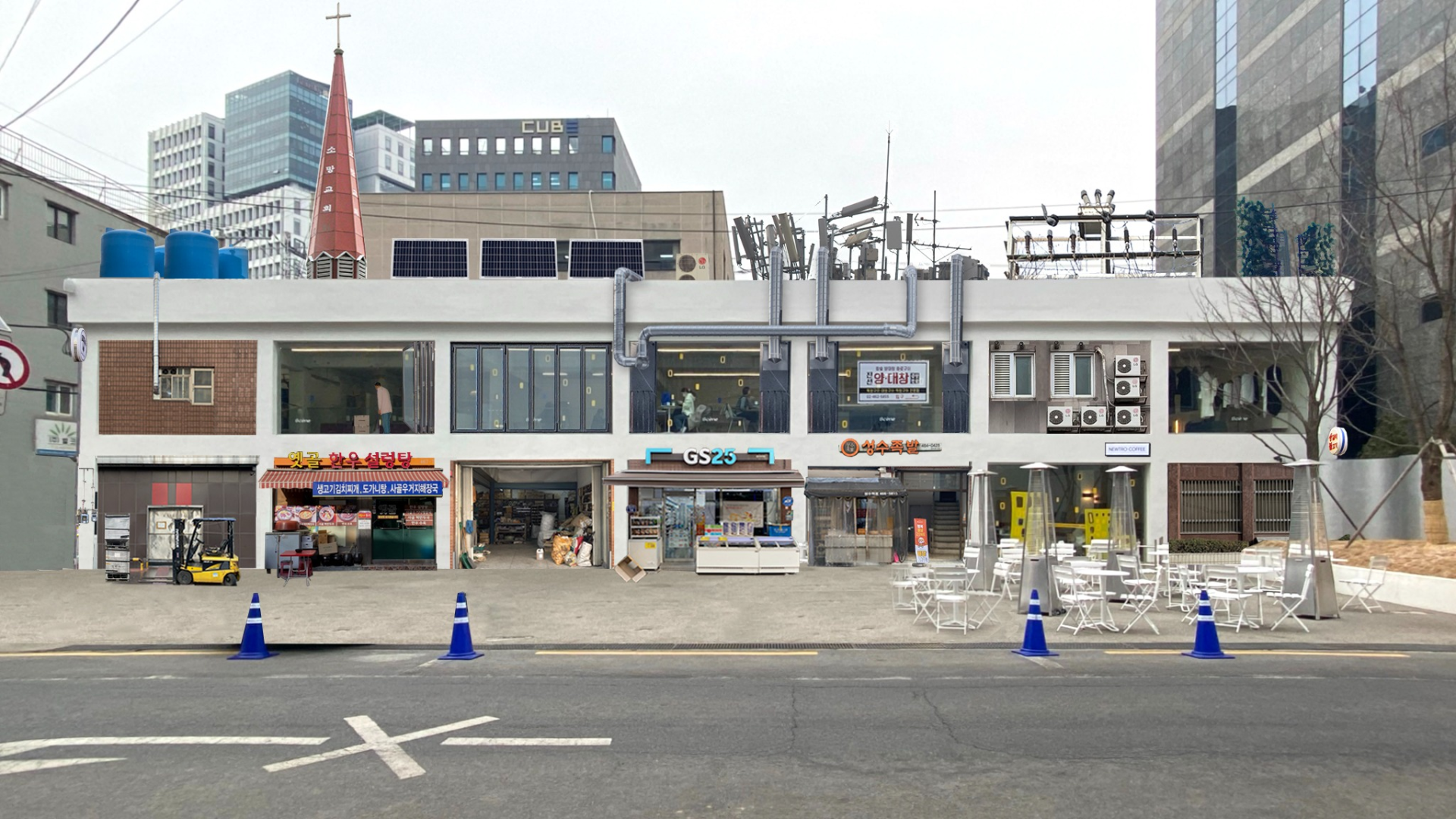This event celebrates the international launch of the book House Precinct Territory: Design Strategies for the Productive City published by ORO Editions. It features presentations by the authors, and a panel discussion on the implementation of manufacturing and agricultural production within cities.
With buildings and cities one of the primary accelerators of climate change, the tightening of urban environments is one of the mechanisms by which architects and urban planners can affect change. To date, models of urban densification and compact cities have been focused on sites of urban consumption – residential, commercial, civic and social spaces. Little thought has been given to the vast productive hinterlands around the world that support cities, through the growing of food, generation of power, production of goods and disposal of waste.
This book event is the culmination of a research project between PRAUD, RMIT University and the University of Queensland. The research has resulted in a series of projects that seek to retro-fit existing urban environments with productive program. The project has been working through three scales of analysis, across three cities in the Asia Pacific Region, and deploying a range of design research techniques ranging from critical observation to speculative scenario modelling.
The purpose of this project is to describe a series of models for the folding of production into our cities, with ambition of developing consolidating all components of human inhabitation within a smaller overall physical and environmental footprint.
The event is supported by a grant from the Australia Korea Foundation, RMIT Architecture and UQ School of Architecture.




